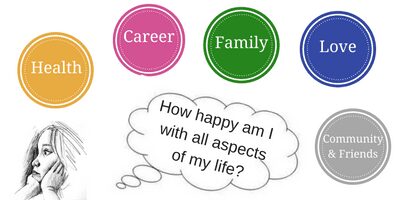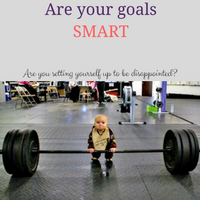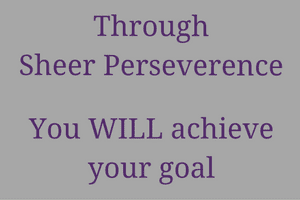It’s never too late to look at your life and ask “Is my life how I want it to be?” The start of a year is a good time to reflect and ask
-
Where do I want to be in the future?
-
What am I unhappy about at present?

For most us, there are things in life that we would like to change but realistically how much control do we have over WHAT we CAN change?
For example maintaining a lean body weight, being physically active and eating well can help to prevent about 80% of all Type 2 Diabetes cases. A diagnosis of Pre-diabetes at your GP’s is an early warning sign and many people turn the tide on diabetes by changing their lifestyle and avoiding Type 2.

Health is Wealth. A healthy body needs good fuel and plenty of activity to function as best it can to overcome life’s challenges. When we live well, we feel well and have more energy, more confidence and are therefore more likely to achieve our goals. So throw off 2016 and let’s enter into a more positive and healthier 2017
 How to start the change process
How to start the change process
- Take control and decide on changing or doing something that is very important to you
- Write down your ultimate goal as this makes it real and shows commitment.
- Share your goal with your friends and if you can convince them that this is important to you, you are more likely to achieve it.
- Use the written goal statement to help motivate you when you start to doubt yourself or lose confidence in your ability to achieve your goal
 Test your goal: Is your goal realistic? Can you visualise yourself achieving this?Goals that are far out of reach are easy to put off. Write down the small steps and milestones will get you to the point where you achieve your long-term dream. Weight-Loss is typically a goal where many fail as they set unrealistic goals in too short a time period undertaking extreme measures that are impossible to sustain and even harmful to health.
Test your goal: Is your goal realistic? Can you visualise yourself achieving this?Goals that are far out of reach are easy to put off. Write down the small steps and milestones will get you to the point where you achieve your long-term dream. Weight-Loss is typically a goal where many fail as they set unrealistic goals in too short a time period undertaking extreme measures that are impossible to sustain and even harmful to health.
SMART goal headings help you to stress-test you goals –
- How SPECIFIC is your goal? E.g. “I need to get healthier”. This is too general a goal. A more specific goal would be – “I want to lose 2 stone in weight, run a 5k, avoid junk food and eat more fresh food”
- How MEASURABLE is your goal? Write down the physical actions that you will be taking to achieve the goal. E.g “ I will walk 30 minutes during lunch Monday to Friday and an hour on Sundays for all of January, time myself and aim to beat my time and distance. I will aim to lose 1-2lbs every week by reducing my portion sizes and eating more vegetables to fill me” Numbers are an an even better measure and for Type 2 and Pre-diabetes, the ideal goal is to keep blood glucose levels within the health 4-7mmol/L range.
- How ATTAINABLE is YOUR goal? It is generally accepted that a 5%-10% weight-loss is possible for all over-weight people. Therefore a 5% loss from your current weight is a good place to start. Equally, 10,000 steps in 30 minutes is an attainable goal for most people.
- How RELEVANT is your goal? The easiest chore is one done out of love even if the road is long and tedious. For example, if there are stressors in your life at the present time such as divorce, illness of a loved one etc, it might be more relevant to focus on easier goals such as learning relaxation and meditation techniques, rather than taking on more stress such as weight-loss classes.
- TIME – when do you want to achieve your goal? A defined end-point motivates you to get started and keeps you going. Setting small goals along the way allows you to celebrate your achievements and will motivate you. For example, you may be on medication for Type 2 and dosages might be reduced or no longer needed after a period of time.
and finally, make no hard and fast rules. If you slip-up, don’t throw the towel in, just start again.



